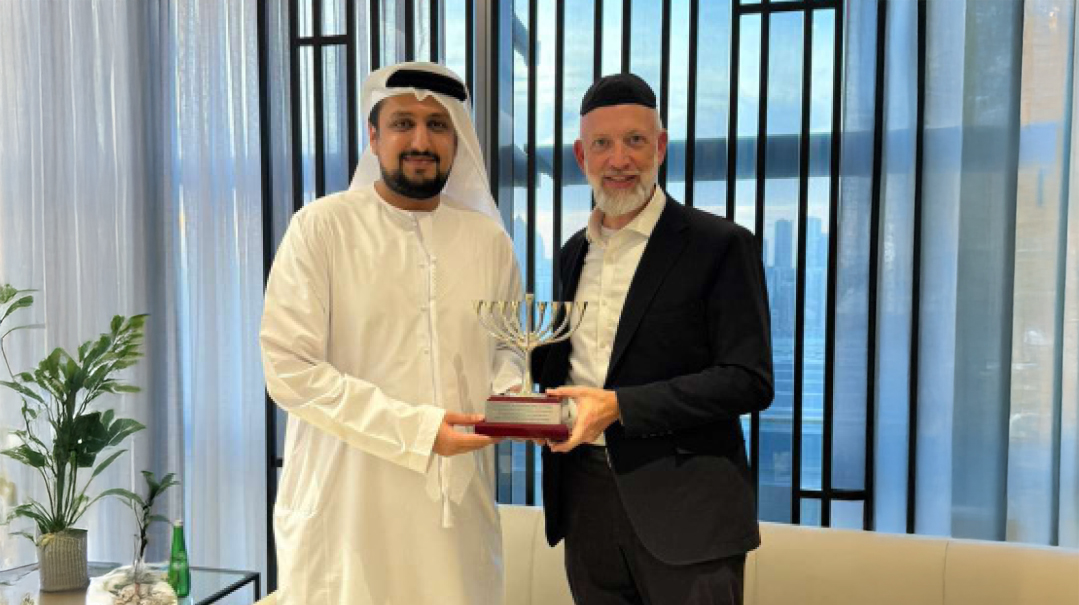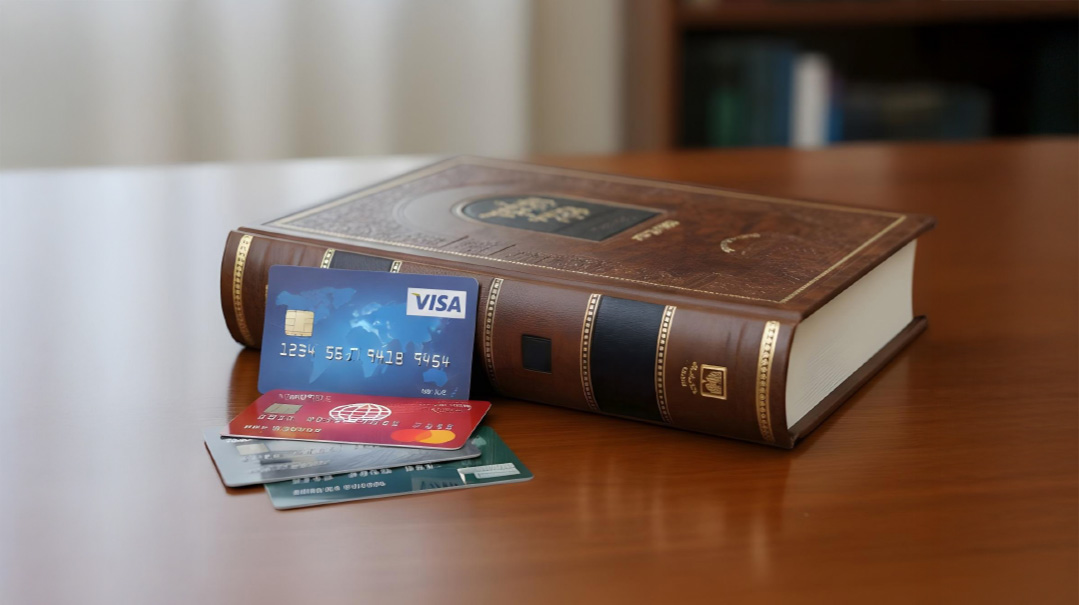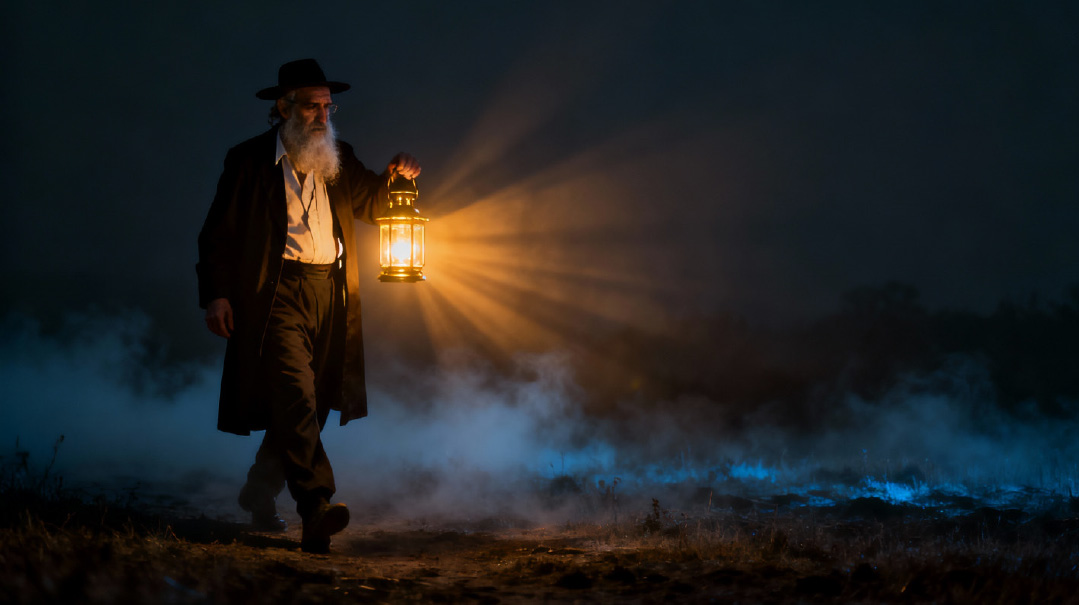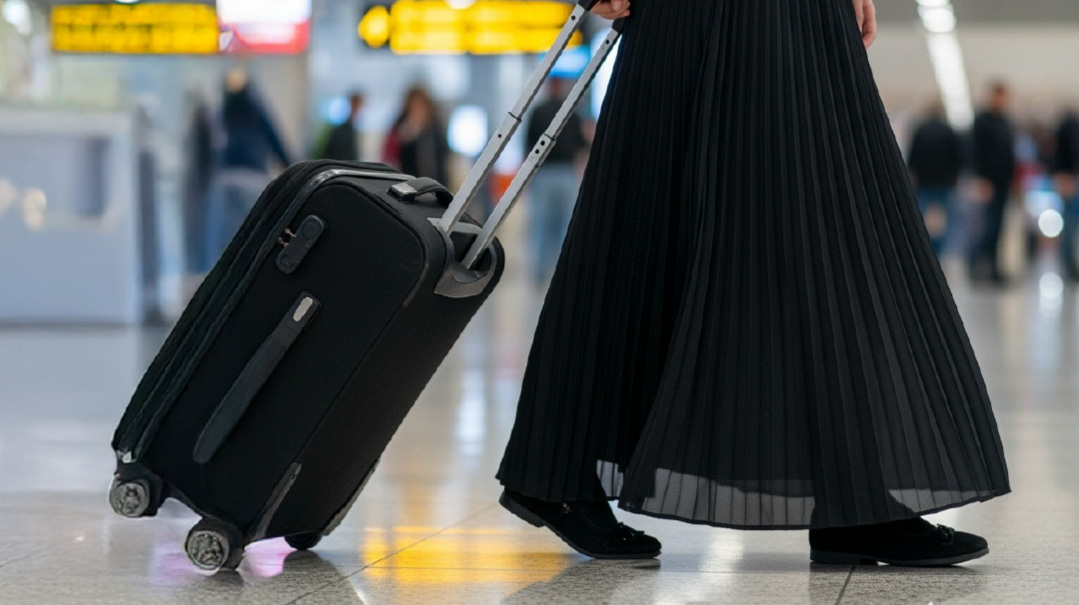A Bridge to Your Birthright

It would have been comic had it not been so tragic.
With the government upgrading the infrastructure around the Tel Aviv railroad line, a new pedestrian bridge is being built over Netivei Ayalon, the city’s main highway. To prevent traffic congestion, the construction of the ironically named Yehudit Bridge has been scheduled specifically for Shabbosos. Unfortunately, no amount of chareidi efforts could move the construction to weekdays once the Israeli Supreme Court got involved.
So, in a vignette worthy of Rabbi Levi Yitzchak of Berditchev, as construction workers prepared to start working this past Shabbos, they did one thing.
They made Kiddush.
The video of a couple dozen workers in hard hats and neon yellow vests making Kiddush from a smartphone, yet making sure to drink the wine in the order of seniority, went viral first thing Sunday morning. The concomitant desecration and sanctification of Shabbos, the violation of halachah intertwined with the clinging to the tradition, the irony of it all, sparked long debates.
While the story itself might be noteworthy, the situation is not. It is a perfect illustration of the religious reality surrounding over one-third of Israeli Jews. They are deeply traditional, have great respect for Torah and rabbanim, and keep some of the mitzvos, usually out of respect for the family heritage. It’s the families who light candles and make Kiddush before turning on the TV, the women in beach dresses showing up for tevilah, and youth with crew cuts, piercings, and ripped jeans crowding in shuls for Selichos.
And lest you think they are the Israeli version of the Reform community, they are not. For traditional Israelis, non-observance is not an ideology. They have not forsaken Torah miShamayim and have not declared the mitzvos as non-binding. Often, in my talks to traditional teens, they will preface a question with “I am also Orthodox, but…” or share a glowing memory of “my grandfather, who was a rabbi.” For traditional Israelis, Judaism equals halachah, but it is just all too much, too intense, and too hard to keep.
Yet this distinction will not be around for long unless we do something about it. My husband’s hometown of Gan Yavne is a case in point. A small town of 20,000 in southern Israel, it is populated mostly by Jews of Yemenite, Moroccan, and Iraqi descent. While many have stopped observing the mitzvos decades ago, it is still studded with dozens of shuls. And until recently, the local Chabad rabbi, Rabbi Shneur Kurant had been a welcomed guest at the secular schools before every holiday.
Enter Orli Kanat. A Reform rabbi and a peace activist with Women Wage Peace, she made the local municipality an offer they could not refuse. Big budgets, organizational toolbox, and programming for upgrading the town’s educational and community offering in exchange for access to local schools and community centers. In the ten years since the program started, it has taken over all local secular schools and tried to get a footing in the frum schools as well. Only parents’ watchful eyes and stubborn refusal to get free programing prevented that from happening.
Jews who used to daven in their grandfathers’ shuls now gather for an egalitarian kabbalat Shabbat, guitars and all. The traditional Leil HaSeder has given way to a communal one on the beach. Thousands of residents, including many frum ones, turned out for the annual town festival on Shavuos. Oh, and the Chabad rabbi? He is no longer invited to the schools.
All of this activity is backed by the local municipality and billed as “Israeli Judaism” with no mention of the Reform movement. Similar programs have sprung up in dozens of other towns, predominantly those populated by traditional Israelis and located far from the center of the country.
In a recent meeting, a Jerusalem city council member bemoaned the extensive Reform educational and community programming throughout the city, while a Ministry of Education official shared that Reform programs are working quietly to displace frum organizations as providers of religious and Jewish content in schools. Finally, the Israeli Conservative movement has recently released data claiming that as many as ten percent of all Israeli school children study in its Tali system.
Besides education, the Reform movement invests heavily in policy making and legislation. Every single time I visit the Knesset, I bump into Gilad Kariv, the head of the Israeli Reform movement. Anat Hoffman, the chairwoman of Women of the Wall and the head of the Reform-backed Israel Religious Action Center (IRAC) likes to quip that if you recognize her face, it’s because she has sued you. Her organization has inundated courts with anti-religious and anti-chareidi litigation.
So why does all of this matter? The Reform and Conservative movements are decimating the American Jewish community to the extent that only 15 percent of American Jews are both married to Jews and raise Jewish children (according to a recent Jewish People Policy Institute study). Now, the heterodox movements have set their sights on the new frontier — Israel. With its 2.5 million traditional Jews, like the ones making Kiddush at the bridge construction, there is ample ground for establishing a new Reform presence, this time in Eretz Yisrael.
And this is a wake-up call for the frum community on both sides of the Atlantic to unite in action. I realize that the American chareidi community is not used to political activism in Israel. There are many kiruv needs back home. Yet to paraphrase a famous Rav Yisroel Salanter adage, when a Jew in Tel Aviv builds a bridge on Shabbos, a Jew in New York marries out of faith.
Whatever the Reform movement is doing, we must do more of. We must challenge the false portrayal of American Jewry as Reform, proliferated by the local media. We must welcome Israeli dignitaries, journalists, and ordinary visitors to the US and show them the beautiful, vibrant communities, schools, and yeshivos. We must make our voices heard in the halls of Israeli politics, so that local politicians hear our concerns on issues of religion and morality.
Many Israelis like to think that if you don’t live in Israel, serve in the IDF, and pay Israeli taxes, your opinion doesn’t matter. It’s not true. The Lubavitcher Rebbe taught decades ago that the Land of Israel belongs and affects every single Jew. And the Israeli government seemed to have agreed when it called its free trips for young Diaspora Jews “Birthright.”
Eretz Yisrael is your birthright, too. I know you care deeply about what happens here. The question is now, what are we all willing to do about it.
Originally featured in Mishpacha, Issue 746. Leah Aharoni is the founder of Women for the Wall, a grassroots women’s organization dedicated to preserving the sanctity of the Kotel in the spirit of Jewish unity.
Oops! We could not locate your form.













